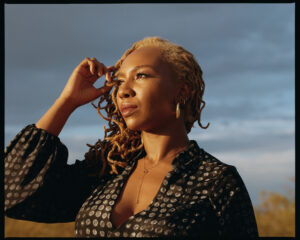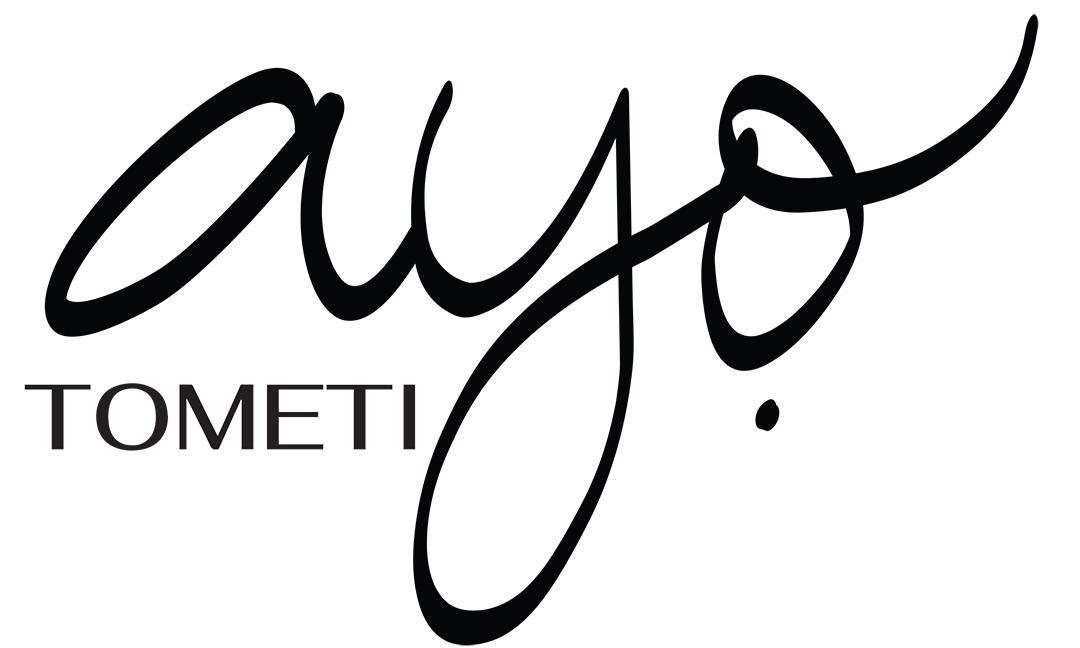Vanity Fair – The Great Fire Edition: “You Said Hope” Portfolio
A photo portfolio celebrating the founders of Black Lives Matter, the Squad, John Boyega, Noname, Billy Porter, and more on the forefront of change
Essay by: Jacqueline Woodson
Style by: Nicole Chapoteau

OPAL TOMETI
Cofounder, Black Lives Matter
How does this moment feel different and why?
We’ve always said that Black Lives Matter is a movement, and not a moment. And everyone seems to understand that now too. The scale and commitment level of this particular period feels viscerally different. BLM is now widely understood as the largest movement in history. And although what led us to this moment was much of the same—structural racism, economic disparities, concerns about the health of U.S. democracy—all these issues coupled with the COVID-19 pandemic became the tipping point. People sitting at home, concerned with the vulnerability of their own health, the precarious nature of their work, the economy, and the moral injustice of anti-Black violence at the hands of the police. It was a true wake-up call—and thankfully, people with their conscience and desire to realize a different world rose up. It does feel different. The scale, the scope, the depth. All of it. I know some are skeptical, but it’s up to all of this to ensure this sentiment and commitment lasts. We all have a duty to stay vigilant and protect human rights.
How has this moment galvanized you and your activism?
Hearing stories of people having transformative conversations with loved ones—people in their churches, mosques, and other places of worship—and seeing videos of toddlers and young people chanting “Black Lives Matter” has reawakened my sense of faith in humanity. It’s deepened my commitment to supporting the leadership of others who are just now joining the movement and committing to be anti-racist. It’s good to see that millions more understand that being “neutral” is part of the toxic nature of structural racism. Apathy is no longer a viable option, as we see that because of classism, racism, and a cross section of issues, U.S. democracy is weak. And as someone who’s been engaged in strategic, community-based activism—i.e. organizing—I have years and years of experience to offer people in a variety of fields. And I’ve been working feverishly with allies in the private and public sector to ensure that we are making decisions rooted in justice and equity. And I am doubling down on projects that amplify the work of both the African diaspora and African human rights defenders that live on the continent.
How do you incorporate your activism into your daily life?
What I do is more of a calling, not a career. I’m grateful that I get to be active on issues of social justice all day long and inspire others to join the movement.
Affirming our collective humanity and practicing radical love and mutual respect is a way of life. As someone who spent the past two decades in community organizing, I often reflect on how I can behave in better harmony with people and our planet. I make decisions daily with that in mind, and in addition to that I feel like it’s important that people have a strong spiritual foundation so they can show up powerfully for the issues they care about consistently. This plus practices to help one’s mental health are key. These times are difficult, and in order to have a lifestyle of activism—that is care of the community—then one should be sure to take their self-care seriously.
What is one specific fact, news story, or aspect that you feel has not received enough attention?
The suppression of dissent in this country feels like the most egregious aspect of this time. The way in which the militarized police force has descended on communities across the country to brutalize and arrest everyday people who’ve been championing justice at protests and beyond. I’m afraid for our people and afraid for the future of this country. This repressive behavior is the type of issue we tend to decry about other countries, but the state-sanctioned repression is happening right here in the U.S., and I don’t know if there is an entity strong enough to hold the U.S. accountable for its human rights violations. We need everyone to be talking about the way our movements are being demonized, criminalized and violently attacked by this government.
